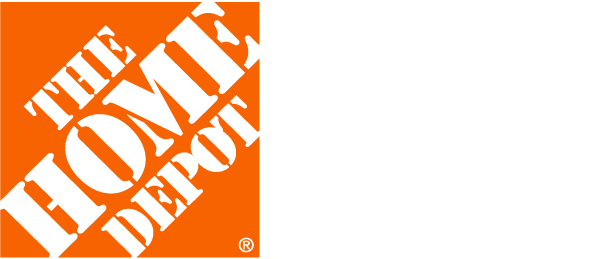
Internships are invaluable opportunities to gain real-world experience, build professional networks and enhance your resume. For HBCU students, leveraging these experiences can be particularly crucial in standing out in a competitive job market. Here are five essential tips to help you maximize your internship experience and set the stage for future career success.
1. Build Your Resume
Name and Contact Information
Your resume is your first impression. Check that your name and contact information are prominently displayed at the top. Use a professional email address and include your phone number and LinkedIn profile URL. Make sure your LinkedIn profile is updated with all your school information and any social, civic, Greek or academic organizations you may be a member of or involved in.
Professional Summary
Craft a compelling professional summary, the brief section usually at the top of your resume that highlights your skills, experiences and career aspirations. Tailor this section to reflect the specific internship role you’re applying for, showcasing your enthusiasm and fit for the position.
Work Experience
Detail your work experience, starting with the most recent positions. Focus on relevant roles and include internships, part-time jobs and volunteer work. Use bullet points to list your responsibilities and achievements, making it easy for employers to scan.
Education
List your education starting with your current degree in progress. Include your HBCU, your major and your expected graduation date. Highlight any honors or relevant coursework that align with the internship.
Impactful Statements
Use impactful statements to describe your work experience. Start with strong action verbs and quantify your achievements where possible. For example, “Increased social media engagement by 30% through targeted campaigns” is more impactful than “Managed social media accounts.”
Results of Your Work
Employers value results-driven candidates. Highlight the outcomes of your efforts, such as improvements, savings or growth. Showing the tangible impact of your work demonstrates your value.
2. Feedback From Managers
Seek and embrace feedback during your internship. It’s a vital component of professional growth. Be open to constructive criticism and use it to improve your performance and skills. Regularly ask for feedback from supervisors and peers to asses if you’re meeting expectations and continuously developing. Consider asking targeted questions when soliciting feedback. For example, “Did I do OK in that presentation?” Or, “What did I do well in that report?” and “How could I have improved.”
3. Your Digital Footprint
Your online presence can significantly influence your professional image. Ensure your social media profiles are clean and professional. LinkedIn should reflect your resume and showcase your skills, endorsements and professional connections. Engage in industry-relevant discussions and share content that reflects your career interests.
4. Before You Submit Your Application
Before submitting your resume or any application materials, review them meticulously. Check for typos, grammatical errors and formatting issues. Consider having a mentor, advisor or friend review your documents for an additional perspective. A polished resume and cover letter can make a significant difference.
Cover Letters
A tailored cover letter is your chance to explain why you’re the perfect fit for the internship. Highlight your most relevant experiences and how they align with the internship’s requirements. Personalize each cover letter to the specific company and role.
Follow Up
After applying, follow up with the employer to express your continued interest. This can set you apart from other candidates and demonstrate your enthusiasm and initiative.
5. Tips for Interviewing
Preparing for the Interview
Research the company thoroughly before your interview. Understand its mission, values, culture and recent achievements. Prepare questions that demonstrate your interest and knowledge about the company.
Virtual Interviews
Virtual interviews are becoming increasingly common. Affirm that your technology is reliable, and find a quiet, well-lit space for the interview. Dress professionally and minimize distractions to create a focused environment.
Body Language
Your body language can convey confidence and professionalism. Maintain good posture, make eye contact and smile. Avoid fidgeting and practice making sure your gestures are open and engaged.
Answering Questions Using STAR
The STAR method (Situation, Task, Action, Result) is an effective way to answer behavioral interview questions. This structured approach helps you clearly articulate your experiences and achievements.
Example Interview Questions
Prepare for common interview questions, such as “Tell me about yourself,” “What are your strengths and weaknesses?” and “Why do you want this internship?” Practice your responses with a mentor, career advisor or parent to enlist their feedback. Aim for answers that are concise and confident.
Strengths/Weaknesses
When discussing strengths, align them with the skills required for the internship. When addressing weaknesses, be honest but focus on how you’re working to improve them. This shows self-awareness and a commitment to personal growth.
After the Interview
Best Practices/Key Takeaways
After the interview, reflect on what went well and areas for improvement. Send a thank-you email to express appreciation for the opportunity and reiterate your interest in the role.
Follow Up
If you haven’t heard back within the timeframe discussed, follow up with a polite email. This reinforces your interest and keeps you top of mind for the employer.
By following these tips, you can enhance your internship opportunities and build a strong professional foundation to pave the way for future career success. Good luck!
